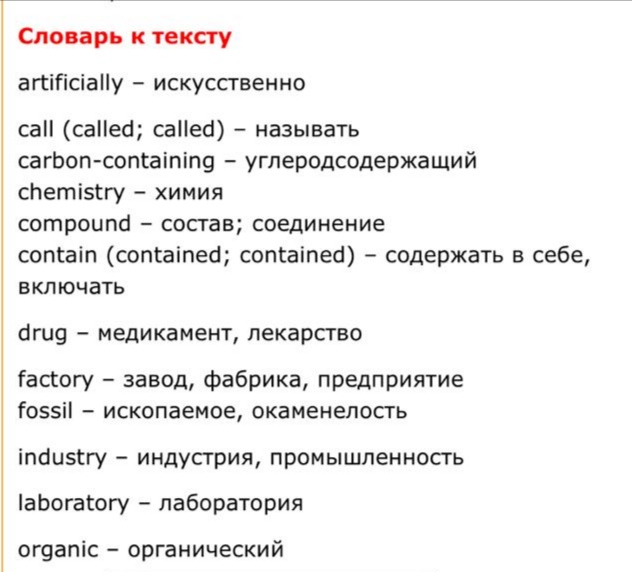Тема: Достопримечательности Лондона.
Работа с текстом From the history of London.
Present Perfect.
Работа с текстом.
1. Прочитайте и переведите текст. Выпишите все незнакомые слова с транскрипцией и переводом.
Фото слов на почту. (на каждом листе укажите свою фамилию, отделение и группу, дату и номер упражнения.)
From the history of London.
In the year 55 before our era a Roman legion headed by Julius Cesar crossed the English Channel that divides the British Isles from the continent of Europe. Having landed in Britain the Romans founded a military station on the northern bank of the river Thames. Being skilled in the art of building they started fortifying their settlements with thick massive walls and laying roads across the country leading to the sea coast. After staying in Britain for two centuries the Romans returned to the continent having left behind excellent roads and strong fortifications. One of the Roman settlements was called Londinium Augusta. Four centuries later, according to some historians, the capital of Britain was founded in its locality, part of the Roman wall still lying deep under the ground beneath modern London.
No other ancient monuments of Roman times have remained in the city. The earliest historical monument of English architecture is the so called Tower of London which has retained its name up to the present day. Being erected on the ruins of a Roman fortress, it consists of parts belonging to different periods of English history, its central and most ancient part being the huge square tower four story high. It was called the White Tower, deriving its name from the white stone it was built of. The White Tower was surrounded with a double row of walls with smaller towers forming the inner and outer court with the scaffold in the back of it.
Грамматическая часть
Фото с результатами тестов на почту.
5. Выполните следующие 20 предложений из упражнения. Фото на почту.


good luck!
Выполните тест для самоконтроля. фото не надо.
1.What is the official name of Great Britain now?
The United Kingdom of Great Britain and Northen Ireland
Great Britain
The United Kingdom of Great Britain
2. What parts does Great Britain consist of and what are their capitals?
England (London); Scotland(Cardiff); Wales(Edinburgh); Northern Ireland (Belfast).
England (London); Scotland (Edinburgh); Wales (Cardiff); Northern Ireland (Belfast)
Britain (London); Wales (Cardiff); Scotland (Edinburgh); Ireland (Belfast)
3. Britain’s population is more than… million people
56
560
5,6
4. Great Britain is separated from the continent by…
the Pacific Ocean
the Irish Sea
the English Channel
5.The head of State in Britain is ....
the Prime Ministerthe
President
the Queen
6.The National Gallery is in …
Piccadily Circus
Parliament Square
7. The Great Fire of London broke out in…
1666
8.The population of London is about
10 million
5 million
8 million
9. The oldest part of London is
the City
Westminster
the East-End
10.The Queen of England lives in
Hampton Court Palace
Buckingham Palace
The Tower of London
11. In front of Buckingham Palace there is
Nelson's Column
Albert Memorial
the Queen Victoria Memorial
12. The Prime Minister lives in
No 10 Downing Street
Parliament Square
Whitehall
wide street leading to Parliament Square
14. The Tower of London …
is London's biggest art museumwas
a fortress, a palace, a prison, a zoo, and now it is a museum
is Britain's main banking centre
is London's main shopping centre
was built to remember the battle of Trafalgar
is famous for the Poet's Corner
is one of the most famous libraries in the world
was built after the Great Fire of London
is for Queen Elizabeth ' home where she often stays at Christmas and Easter
is Britain's main banking centre
is London's main shopping centre
is famous for the Poet's Corner
is London's biggest art museum
is one of the most famous libraries in the world
is the largest private collection in the world
20.Windsor Castle
is for Queen Elizabeth ' home where she often stays at Christmas and Easter
was a fortress, a palace, a prison, a zoo, and now it is a museum
was built after the Great Fire of London
is famous for the Poet's Corner
is one of the most famous libraries in the world
is Britain's main banking centre
is London's main shopping centr
eis famous for the Poet's Corner
is in Hyde Park where anyone can make a speech
is famous for the Poet's Corner
is one of the most famous libraries in the world
is the lake in the middle of Hyde Park
is the river in the center of London








